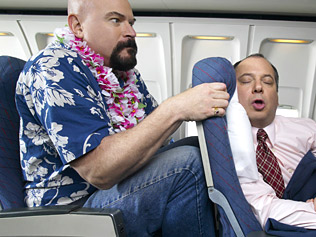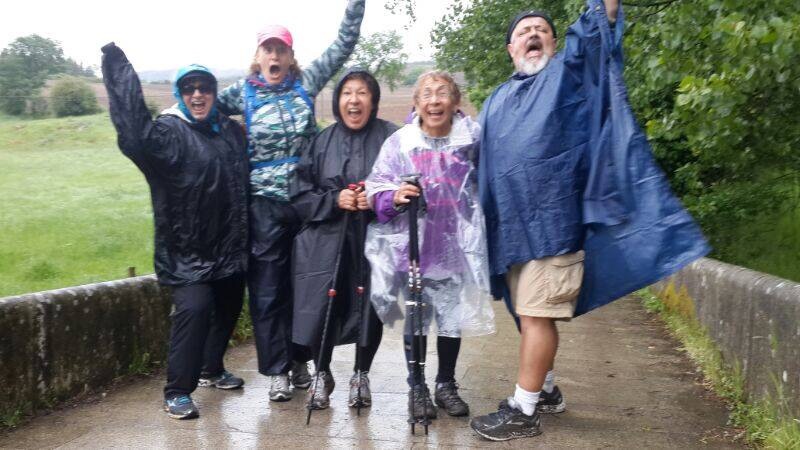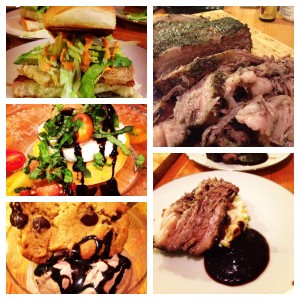I wish you could have been with me this weekend.
It was end-of-summer-trying-to-be-fall weather in our little City of Encouragement, and it was the thirtieth North Carolina Pride Festival, which Durham has hosted for all three decades. One of the roles our church plays in the fe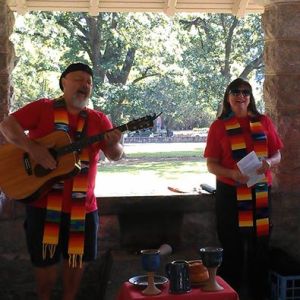 stivities is to host the Ecumenical Communion Service that takes place in a beautiful stone gazebo on Duke’s East Campus in the middle of the vendors’ tents. Four or five years ago we began singing fifteen or twenty minutes before the service was to begin as a way to invite people to gather, and we sang old gospel hymns: “Pass Me Not, O Gentle Savior,” “Leaning on the Everlasting Arms,” “Come Thou Fount of Every Blessing,” “I’ll Fly Away.” By the time we finished singing four or five songs, about forty people had gathered and we came to the Table in earnest.
stivities is to host the Ecumenical Communion Service that takes place in a beautiful stone gazebo on Duke’s East Campus in the middle of the vendors’ tents. Four or five years ago we began singing fifteen or twenty minutes before the service was to begin as a way to invite people to gather, and we sang old gospel hymns: “Pass Me Not, O Gentle Savior,” “Leaning on the Everlasting Arms,” “Come Thou Fount of Every Blessing,” “I’ll Fly Away.” By the time we finished singing four or five songs, about forty people had gathered and we came to the Table in earnest.
Each year as the Bread and Cup are passed, I have sung Billy Crockett’s song, “The Depth of God’s Love,” because those words say it as well as any I know:
and the depth of God’s love reaches down down down
to where we are until we’re found found found
a quiet word or none at all
pursues the heart behind the wall
and to those who wait with darkness all around
the depth of God’s love reaches down
Almost every year as I look around the circle of those gathered, I see people crying as we sing. For many, the songs were ones they grew up with in church until they came out and those churches told them they were no longer welcome. Singing in our makeshift stone chapel allows them to reclaim both the songs and their place at the Table. It is perhaps my favorite service of the year.
Our church has a float in the parade — and by float I mean a big red pickup filled with people and a few of us walking in front with a banner — because we are an “open and affirming” church, which means everyone belongs in Jesus’ name. We had hardly made the turn on to Main Street when we saw the first of several protesters scattered among those who were clapping and cheering. One man was dressed in dark slacks and a short-sleeved white shirt and red tie and had on dark wrap-around sunglasses. I don’t remember what his sign said, only that he kept shouting, “You’re going to hell” over and over and over. As we walked away, it struck me: Jesus never said that to anyone.
The only direct encounter I had with a protester was near the end of the route. This time, a man stood with a giant sign that said, “Homosexuals are bastards.” Next to him stood his maybe eight year old son holding a hateful sign of his own. When I passed the man I said, “You’re not helping.”
“What?” he asked.
“You’re not helping Jesus,” I said.
And he exploded. The best way I can describe it was he vomited anger on me. I kept walking. I wasn’t trying to create a scene. I meant what I said. His sign was damaging to my friends who were beside me, not to mention the hatred he was teaching his son. As the parade ended and we continued the afternoon back at our house, I kept thinking of those two men so consumed with anger, so convinced they were right and we were wrong. No, not wrong. Damned. I wished they could have been at the Communion Service.
Sunday morning, a young man named Kyle spoke to our church during worship. He is a transgender person, meaning he was born a girl but his physical appearance and his sense of identity didn’t match. He was a boy inside. He gracefully and articulately told his story and Ginger masterfully wove the worship service around him. He began at the floor mic and talked of coming to some sense of himself as a kid in middle school and how his parents and his church struggled to understand. As he moved to the lectern, Ginger asked me to sing a song Billy and I wrote together:
I have a fingerprint
it’s like no other one
I leave my fingerprint
on this world
God has a fingerprint
it is a mark of love
God’s leave that fingerprint
all over me and this world
After Kyle continued his story up until he entered college, he moved from the lectern to the pulpit and we read in unison:
In Christ there is neither Jew nor Greek,
male nor female . . .
The verses hit my heart with freshness and wonder. Kyle ended his talk by reminding us we are all beautiful to God just as we are and then the choir sang,
there’s a wideness in God’s mercy,
like the wideness of the sea;
there’s a kindness in God’s justice,
which is more than liberty.
for the love of God is broader
than the measure of our minds;
and the heart of the Eternal
is most wonderfully kind.
God is Love. God is kind. In one of life’s little ironies, there is a stanza to the hymn I used to sing in Baptist churches that didn’t make it in the UCC version:
but we make God’s love too narrow
by false limits of our own;
and we magnify God’s strictness
with a zeal He will not own.
God doesn’t need defenders. God needs those who will love one another, those who will go out and find those who need to be found. Love found me again this weekend in ways I was not expecting. I wish you had been here.
Peace,
Milton
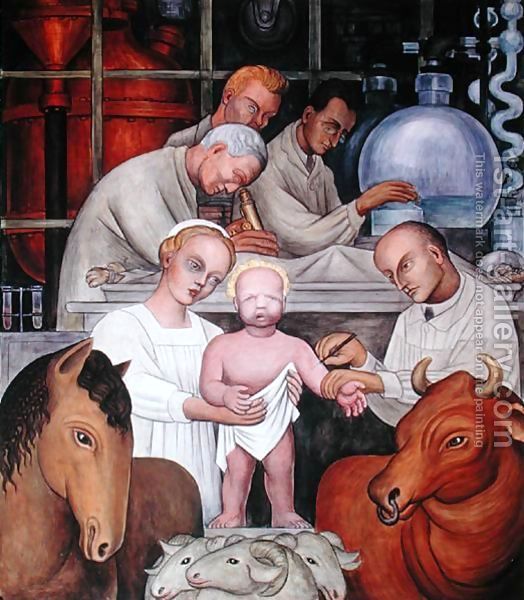

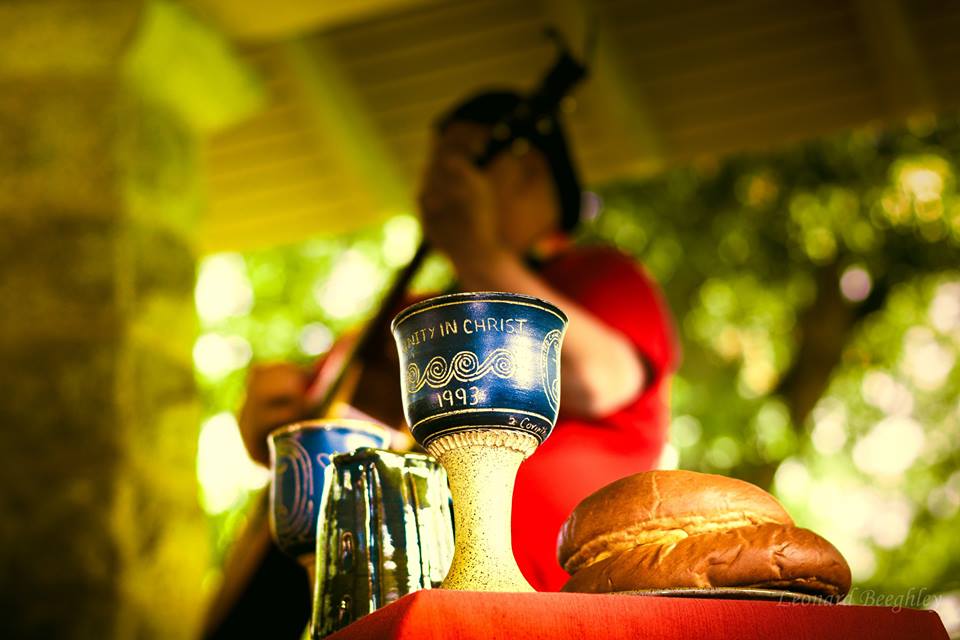
 stivities is to host the Ecumenical Communion Service that takes place in a beautiful stone gazebo on Duke’s East Campus in the middle of the vendors’ tents. Four or five years ago we began singing fifteen or twenty minutes before the service was to begin as a way to invite people to gather, and we sang old gospel hymns: “Pass Me Not, O Gentle Savior,” “Leaning on the Everlasting Arms,” “Come Thou Fount of Every Blessing,” “I’ll Fly Away.” By the time we finished singing four or five songs, about forty people had gathered and we came to the Table in earnest.
stivities is to host the Ecumenical Communion Service that takes place in a beautiful stone gazebo on Duke’s East Campus in the middle of the vendors’ tents. Four or five years ago we began singing fifteen or twenty minutes before the service was to begin as a way to invite people to gather, and we sang old gospel hymns: “Pass Me Not, O Gentle Savior,” “Leaning on the Everlasting Arms,” “Come Thou Fount of Every Blessing,” “I’ll Fly Away.” By the time we finished singing four or five songs, about forty people had gathered and we came to the Table in earnest.